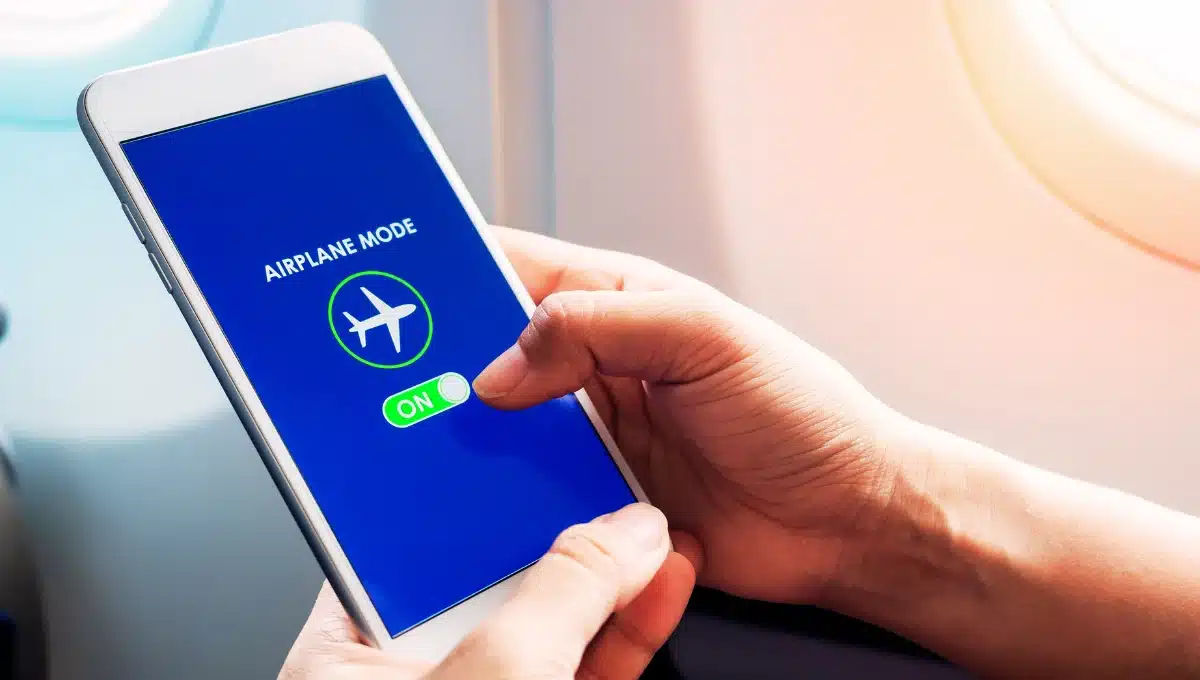Embarking on an international journey is an exhilarating experience, offering a world of new adventures and cultural discoveries.
To ensure your trip is not only memorable but also hassle-free, having a well-prepared checklist for traveling internationally is indispensable.
Whether you are a seasoned traveler or venturing into the realm of international exploration for the first time, our comprehensive guide will provide you with the essential international travel checklist.
From what to bring on a trip to the things you shouldn’t forget when you’ve traveled internationally, this guide covers it all.
Let’s delve into the intricacies of an essential checklist to travel, ensuring you have everything you need for a seamless and enjoyable journey.
- 📝 List of 13 Things Things Not to Forget When Traveling Internationally
- 1. Checklist for Travel Documents
- 2. Health Precautions
- 3. Money Weights
- 4. Packing Essentials
- 5. Cultural Awareness
- 6. Safety and Security
- 7. Transportation Tips
- 8. Technology and Connectivity
- 9. Stay Informed About Local Laws
- 10. Food and Water Safety
- 11. Emergency Preparedness
- 12. Coping with Jet Lag
- 13. Cultural Experiences
- 🙋🏻♀️ FAQs About checklist for traveling internationally
- Q. Do I really need travel insurance?
- Q. What should I do if I lose my passport?
- Q. How can I stay connected while traveling internationally?
- Q. Are there any cultural taboos I should be aware of?
- Q. What should I do in case of a medical emergency?
- Q. Can I use my credit card everywhere?
- Q. How can I make the most of my cultural experiences?
- Q. What if I encounter language barriers?
- Q. Can I travel without a passport?
- 😇 Conclusion
- 🗨️ Tell Us In The Comments your checklist for things to carry while traveling internationally.
 📝 List of 13 Things Things Not to Forget When Traveling Internationally
📝 List of 13 Things Things Not to Forget When Traveling Internationally
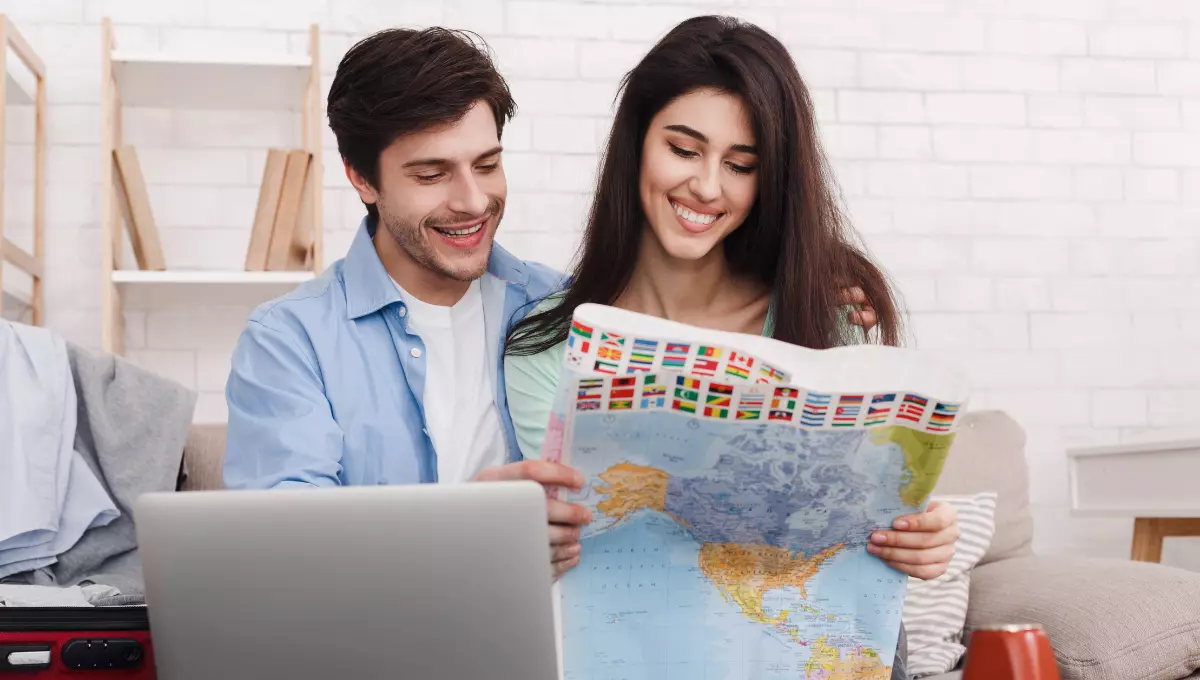
Below are some basic and important things that we should keep in mind while traveling abroad.
1. Checklist for Travel Documents
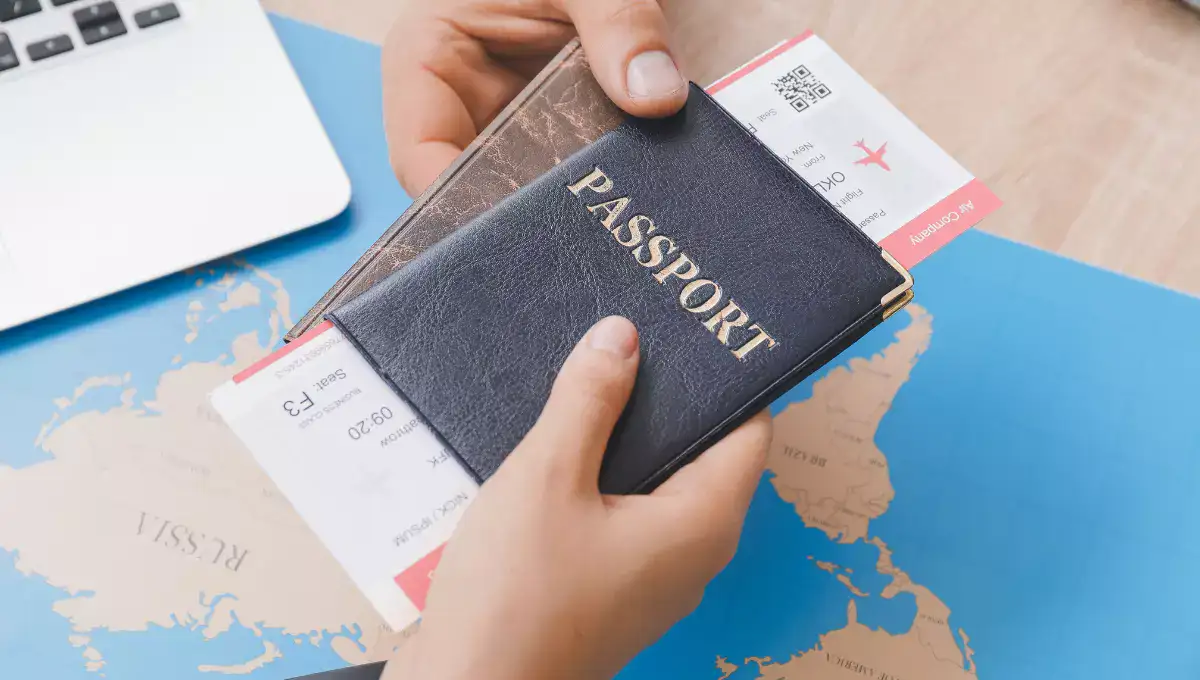
- Passport and Visa: Before jetting off to foreign lands, double-check your passport’s validity and ensure you have obtained the necessary visas. Some countries require a specific validity period on your passport beyond your intended stay.
- Travel Insurance: Investing in travel insurance offers peace of mind. It covers unexpected situations such as trip cancellations, medical emergencies, and lost baggage. Review your policy to understand the extent of coverage.
- Itinerary and Accommodation Details: Keep a printed or digital copy of your itinerary, including flight details and accommodation reservations. This information proves useful in case of unforeseen circumstances or if you need to show proof of your travel plans.
2. Health Precautions

- Vaccinations: Check with your healthcare provider about recommended vaccinations for your destination. Some countries have specific health requirements for entry.
- Medications and Prescriptions: Pack an ample supply of any necessary medications, along with prescriptions. Ensure your medications comply with international regulations, and carry a doctor’s note if needed.
3. Money Weights

- Currency Exchange: Research the local currency of your destination and exchange some money before your trip. Familiarize yourself with the current exchange rates to avoid being taken advantage of.
- Notify Your Bank: Inform your bank about your travel dates and destination to prevent any issues with your credit or debit cards. Some banks may freeze accounts if they detect unusual activity.
4. Packing Essentials
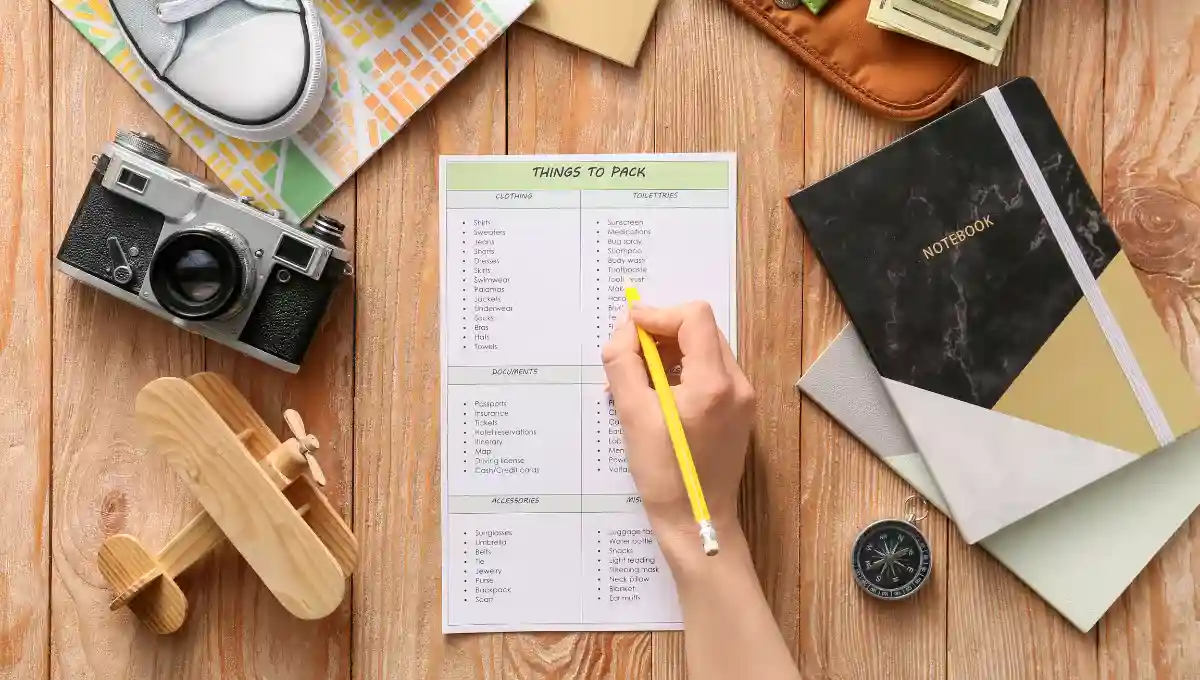
- Clothing and Weather Considerations: Pack suitable clothing based on the climate of your destination. Check the weather forecast and include layers for varying conditions.
- Chargers and Adapters: Don’t forget chargers for your electronic devices and research the type of power outlets used in your destination. Bring adapters if necessary.
Also Read: 40+ Best Travel Essentials For Women: A Comprehensive Guide
5. Cultural Awareness

- Local Customs and Traditions: Research and respect the cultural norms of the country you’re visiting. This includes dress codes, greeting customs, and appropriate behavior in public spaces.
- Language Basics: Learn a few basic phrases in the local language. Locals appreciate the effort, and it can be immensely helpful in navigating day-to-day interactions.
6. Safety and Security
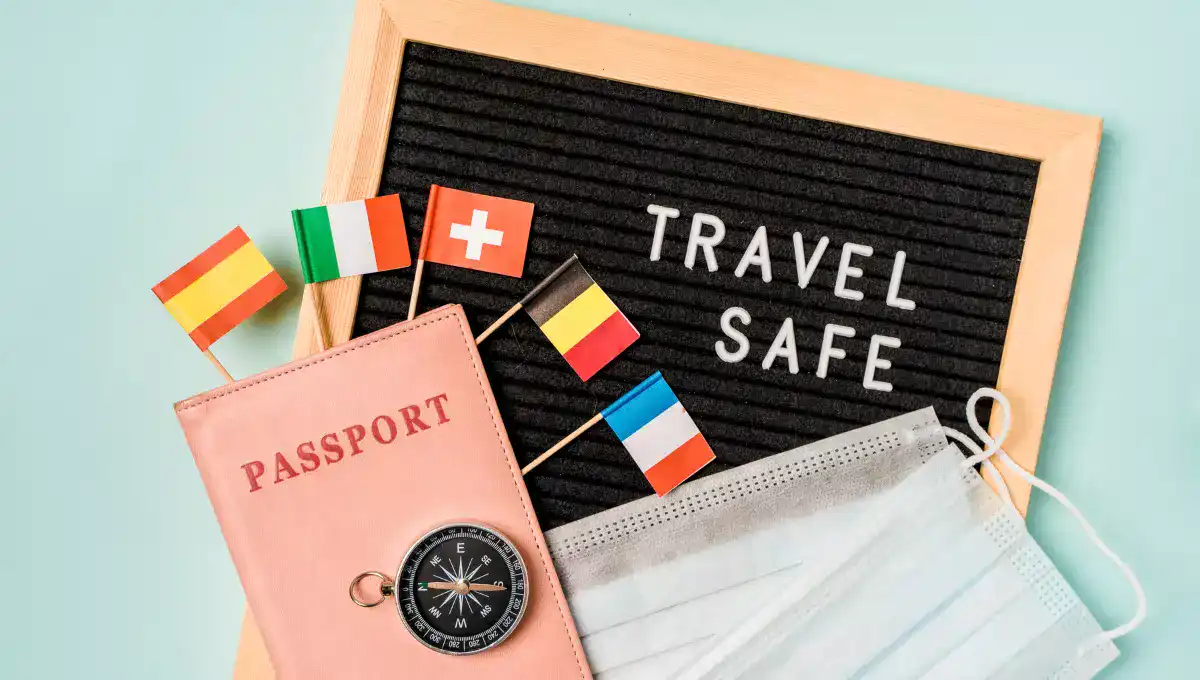
- Emergency Contacts: Save local emergency numbers in your phone and have a list of important contacts, including your country’s embassy or consulate.
- Copies of Important Documents: Make photocopies or digital scans of essential documents such as your passport, driver’s license, and travel insurance. Keep them in a separate location from the originals.
7. Transportation Tips
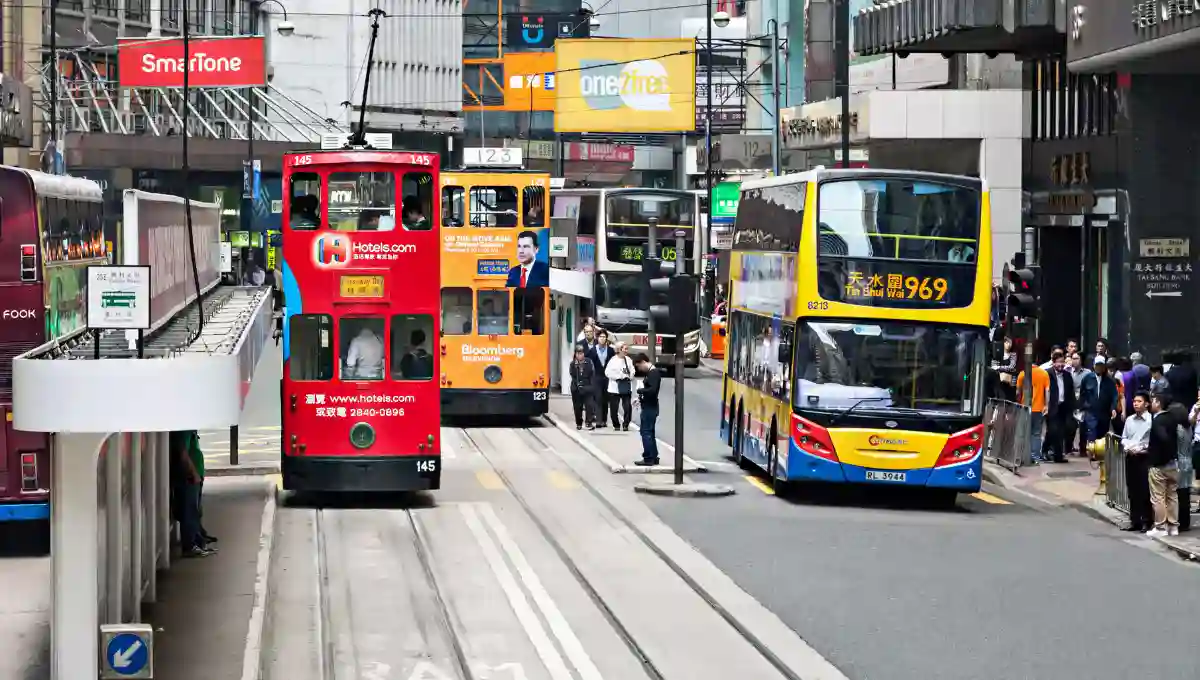
- Public Transportation: Familiarize yourself with the public transportation system of your destination. This can save you time and money while exploring the area.
- Local Transportation Apps: Download transportation apps relevant to your destination. These apps can provide real-time information and streamline your travel experience.
8. Technology and Connectivity

- Roaming Plans: Check your mobile carrier’s international roaming plans. Alternatively, consider purchasing a local SIM card for better connectivity.
- Offline Maps and Guides: Download offline maps and travel guides to navigate without relying on constant internet access. This is especially handy in areas with limited connectivity.
9. Stay Informed About Local Laws

- Restricted Items: Be aware of items prohibited in your destination. Certain countries have strict regulations on items such as medications, food, and electronics.
- Local Regulations: Familiarize yourself with local laws and regulations to avoid unintentional legal issues. This includes traffic rules, photography restrictions, and more.
10. Food and Water Safety

- Dietary Restrictions: If you have dietary restrictions, research local cuisines and inform restaurant staff about your needs. Carry necessary snacks to ensure you always have suitable options.
- Hydration Tips: Stay hydrated, especially in unfamiliar climates. Carry a reusable water bottle and be cautious about consuming tap water in certain regions.
11. Emergency Preparedness
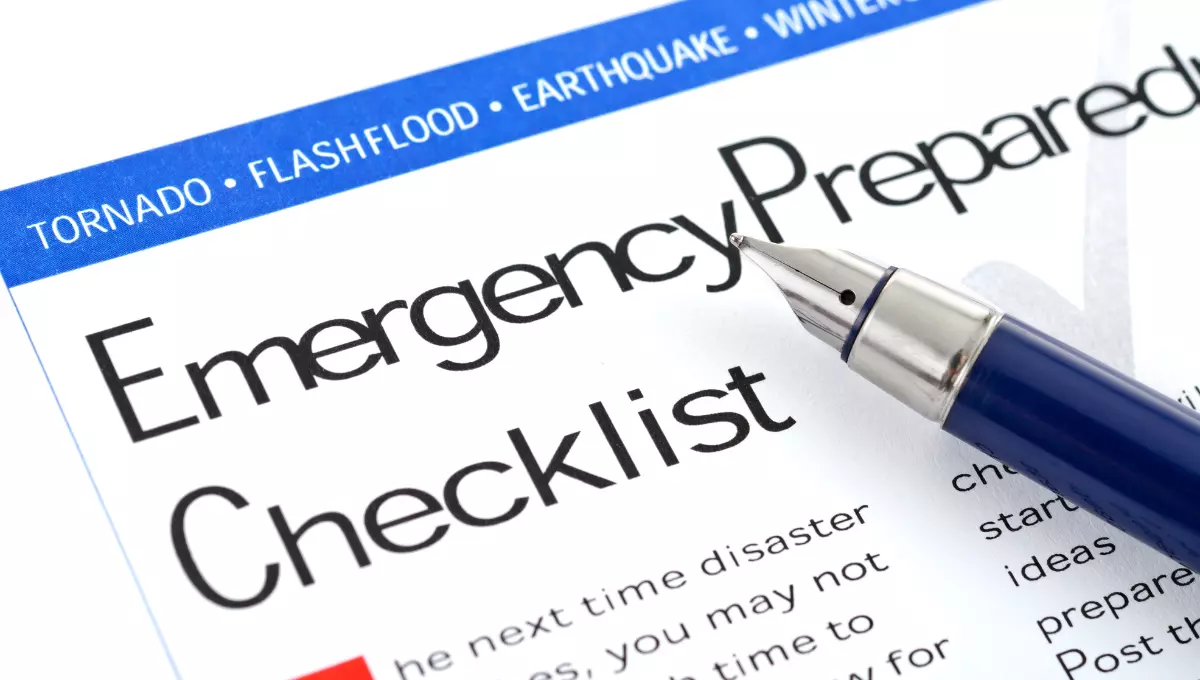
- Know Emergency Exits: Upon arrival, take note of emergency exits in your accommodation and any public spaces you frequent. Being prepared can make a significant difference in emergencies.
- Emergency Numbers: Memorize or save emergency numbers for local services, including medical assistance and law enforcement.
12. Coping with Jet Lag
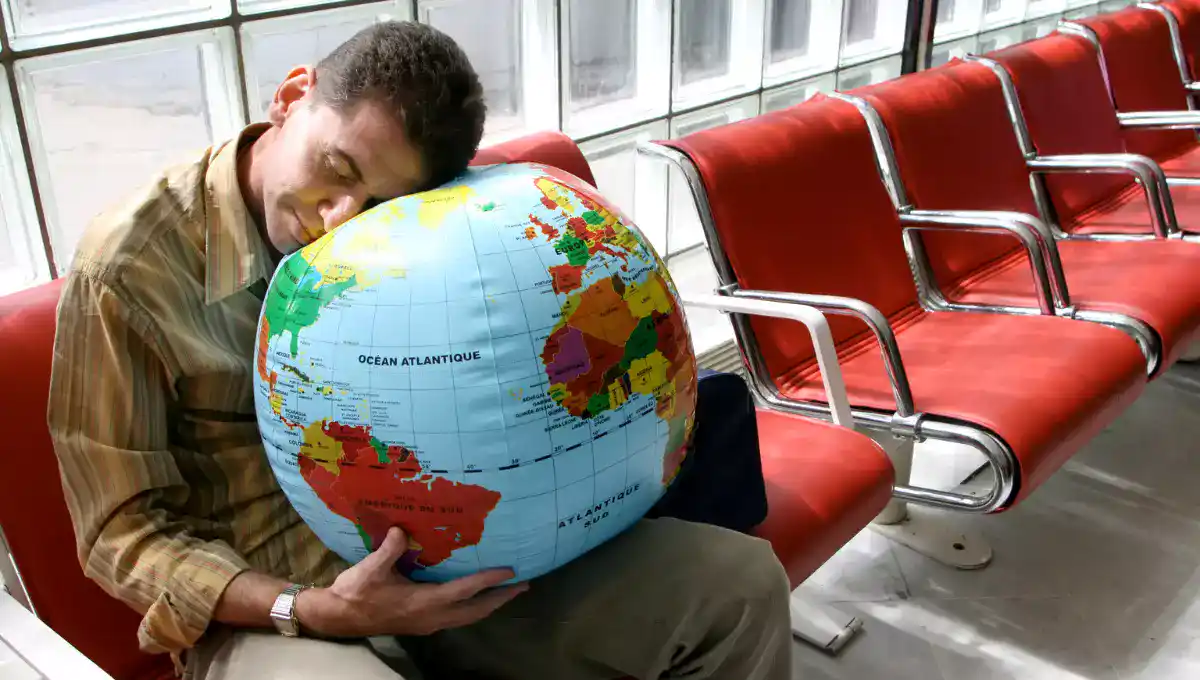
- Adjusting Sleep Schedule: Gradually adjust your sleep schedule before departing to minimize the impact of jet lag. Stay hydrated and expose yourself to natural sunlight upon arrival.
- Staying Hydrated: Long flights can lead to dehydration. Consume water consistently throughout the journey and limit caffeine and alcohol intake.
13. Cultural Experiences

- Must-Try Local Foods: Immerse yourself in the local culture by trying traditional foods. Ask locals for recommendations and explore markets and eateries.
- Participate in Local Activities: Engage in cultural activities to enhance your travel experience. Attend local events, festivals, or guided tours to gain a deeper understanding of the destination.
🙋🏻♀️ FAQs About checklist for traveling internationally
There are a lot of questions that come to our mind while planning to travel outside the country, some of the commonly asked questions are answered below.
Q. Do I really need travel insurance?
A. Yes, travel insurance is essential for covering unexpected situations such as trip cancellations, medical emergencies, and lost baggage.
Q. What should I do if I lose my passport?
A. Report the loss to the local authorities and your country’s embassy or consulate immediately. Having a photocopy can expedite the replacement process.
Q. How can I stay connected while traveling internationally?
A. To stay connected, consider activating international roaming plans with your mobile carrier. Alternatively, you can purchase a local SIM card upon arrival for better rates and coverage.
Q. Are there any cultural taboos I should be aware of?
A. It’s essential to research and respect the cultural norms of the country you’re visiting. Avoiding topics or behaviors considered taboo can help you navigate social interactions more smoothly.
Q. What should I do in case of a medical emergency?
A. In the event of a medical emergency, dial the local emergency number immediately. It’s also advisable to carry a small first aid kit with essential medications and information about any existing medical conditions.
Q. Can I use my credit card everywhere?
A. While credit cards are widely accepted, it’s prudent to carry some local currency, especially in smaller establishments or markets. Inform your bank about your travel dates to prevent any issues with card transactions.
Q. How can I make the most of my cultural experiences?
A. To make the most of cultural experiences, interact with locals, attend cultural events, and try traditional foods. Engaging in local activities will enhance your understanding of the destination and create lasting memories.
Q. What if I encounter language barriers?
A. Learning a few basic phrases in the local language can go a long way in overcoming language barriers. Additionally, using translation apps or carrying a pocket-sized phrasebook can be helpful in communication.
Q. Can I travel without a passport?
A. No, a passport is a mandatory document for international travel. However, few countries allow Americans can travel without a passport.
😇 Conclusion
Embarking on international travel is a thrilling adventure that becomes more enjoyable with meticulous planning and attention to detail. By prioritizing key considerations such as passport and visa requirements, health precautions, financial planning, and cultural awareness, you set the stage for a seamless and enriching journey.
🗨️ Tell Us In The Comments your checklist for things to carry while traveling internationally.
Also, don’t forget to book your personalized holiday package with Fiery Trippers. Let us make your vacation a romantic as well as a dreamy getaway.
Travel Smart: 12 Genius Tips for Booking Budget-Friendly Stays Without Regret 💡💸
What Really Happens If You Don’t Use Airplane Mode on a Flight? (The Truth Might Surprise You)

